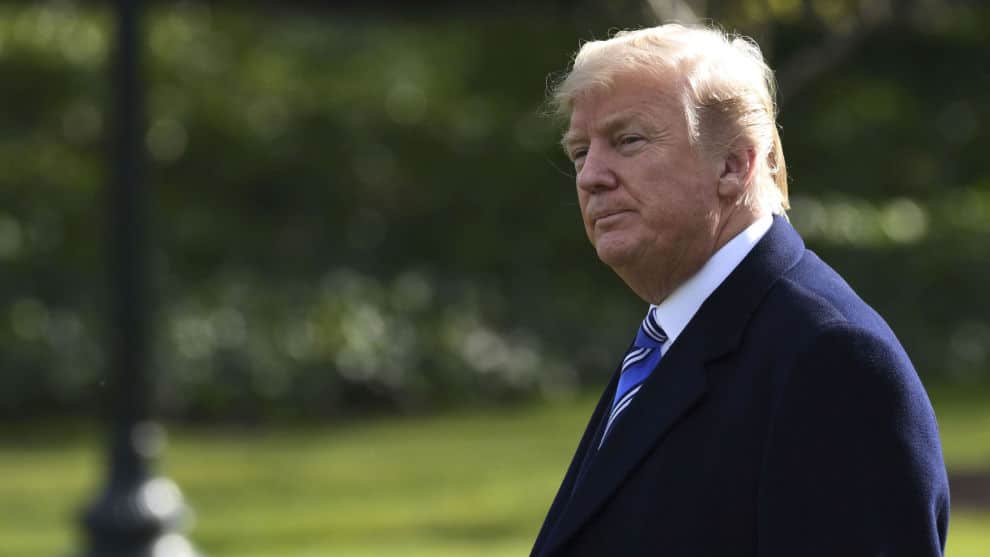White House maintains that Trump followed UK lead and organized response to Moscow
Developments on Day 431 of the Trump Administration:
US Joins 16 EU Countries, Australia, Canada, Ukraine in Expulsions
Donald Trump is silent as US agencies order the expulsion of 60 Russian diplomats and intelligence officers, in a coordinated response with 24 other countries.
The coordinated action was taken on Monday over the “highly likely” responsibility of Russian officials over a nerve agent attack on March 4 in southern England. Former spy Sergey Skripal and his daughter Yulia were targeted with a Novichok class agent, developed in the Soviet Union from the late 1970s. Scores of people were exposed, and the Skripals are still in critical condition.
Soon after British investigators concluded that the attack was with Novichok, UK officials began seeking an allied response. The effort culminated last week in Prime Minister Theresa May’s meeting with European Union counterparts in Brussels.
In a warning shot to Moscow, 16 of the other 27 EU members, Canada, Australia, Finland, Albania, and Macedonia expelled up to four Russian personnel, and Ukraine ordered 13 to leave. EU President Donald Tusk said more diplomatic and economic action will follow if Russia does not provide an explanation for any responsibility.
The US is expelling 60 of an estimated 100 Russian intelligence officials, giving them seven days to leave. It ordered the closure of the Russian Consulate in Seattle, citing its proximity to Naval Base Kitsap, one of two American naval bases hosting nuclear-powered submarines armed with ballistic missiles.
The White House insisted yesterday that Trump had followed May’s lead with the expulsions. Spokesman Raj Shah said Trump “spoke with many foreign leaders, European allies and others and encouraged them to join with the United States in this announcement”.
But Trump maintained his near-silence over the affair. For more than a week after the attack, he said nothing. Secretary of State Rex Tillerson issued the first support of the UK, but was fired hours later.
Trump then offered a muted statement about the serious event and Russia’s probable involvement. However, his stance on Moscow quickly returned to support of President Vladimir Putin: last week, against the advice of his staff, Trump congratulated Putin on his re-election despite questions over the conduct of the ballot and intimidation of the Russian President’s opponents.
Michael Anton, a National Security Council official, insisted that Trump deserved credit for organizing a joint response:
No matter what we do, it’s like, “You guys are soft on Russia”. What do we have to do to show that we’re tough? We just coordinated a 22-nation action and kicked out 60 Russians.
He said of Trump’s congratulation of Putin, “Happy talk on one phone call is better than belligerent talk on one phone call.” White House officials said that in a discussion on Friday, two days after the call, Trump called Russia’s actions “dangerous”.
But Thomas Wright of the Brookings Institution noted Trump’s public absence:
The only real conclusion to draw is there is something of a divide. They may have convinced him to sign off, but he doesn’t want to be the face of it. He could have resolved this any day with a 10-minute appearance. That’s the part that’s puzzling to me.
Trump also refused for months to implement last July’s Congressional sanctions on Russia, missing a January deadline. Some of the measures were finally put in place earlier this month.


100 National security experts urge Trump not to kill the Iran deal: http://cdn.cnn.com/cnn/2018/images/03/27/nationalcoalitionstatemen.pdf